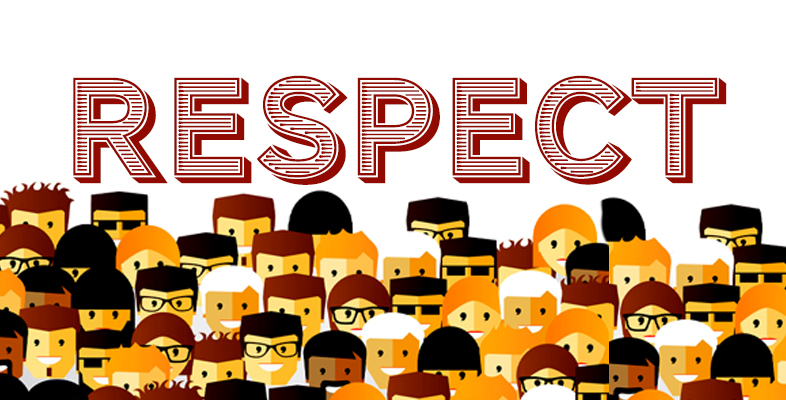6 Summary of Session 4
In this session you have seen how respect is an ethical issue, and you have had an opportunity to think through challenges, such as being aware of vulnerability, voice, participation and power when conducting research.
You will also have sampled some of the rich variety of social science research conducted globally, exemplified in particular in relation to childhood, education and youth settings. We hope that this course is helping you in thinking about and knowing how to behave as an ethical researcher in your own area of disciplinary interest.
A key message this session is that being an ethical researcher means adapting to situations arising and being responsive, as well as predicting issues around relationships, power and vulnerability in different contexts. As you have seen, there might be practical issues with access, participation or safety, or you might be challenged by emerging findings that could be different from what you had expected from your literature search or assumptions about the topic. Your role is to keep noticing ethical issues, to show leadership when changes need to be made and to be aware of your responsibilities after the data collection is finished.
Activity 10 Your take-aways about showing respect in research
Review the mind map you started in Activity 2. Now that you've completed your study of this session, add any other links or examples connected with respect you think would be helpful. You might also want to share an image of your map to the course forum [Tip: hold Ctrl and click a link to open it in a new tab. (Hide tip)] thread entitled ‘About respect by [add name – real or avatar]’.
Note: In this forum post you may want to use an image, for advice on how to upload images to forum review our advice page.
If you have enjoyed thinking about the issues in this session, the themes of inclusion and children and young people’s participation are studied in more depth on The Open University masters modules. These themes are central to modules within the Inclusive Practice pathway (EE814 and EE815) and Childhood and Youth pathway (E808 and E809) of the Masters in Education and Childhood and Youth qualifications. If you are interested in signing up for these modules, please email WELS-ECYS-Masters@open.ac.uk
You can now go to Session 5.
